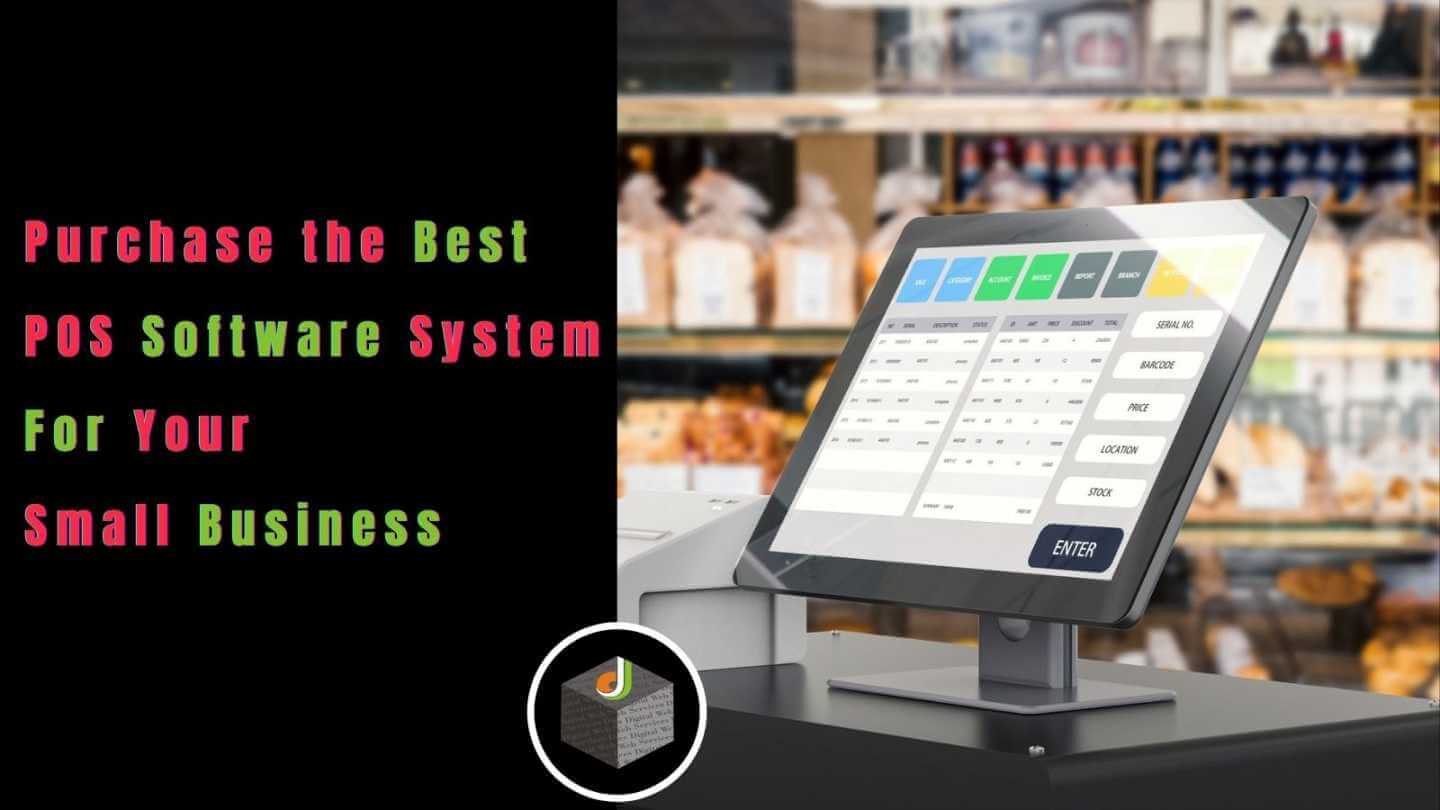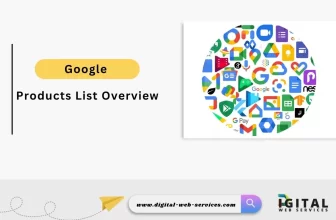
Customers’ purchasing routes vary from buyer to buyer. Some people come through your doors because they have seen a great product on display. Others come to you because they found you by searching online.
No matter how they find you, anyone who decides to buy from your shop is in one place: the point of sale (POS).
It goes without saying that the point of sale is an essential step in any shopping journey, so it is crucial to provide a pleasant shopping experience.
To do this, you must first have the right POS system in place. This article will help you understand what to consider in a POS system so that you can make the right decision for your business.
When do you need a POS system?
If you don’t have a strong system to record each sale electronically, it is difficult to understand precisely what you are selling.
Similarly, if your business does not accept credit and debit card payments and has a simplified sales tracking system, then chances are you will soon be overwhelmed. And that’s when you’ll need to invest in a point of sale designed for small businesses like Revel POS.
In fact, the more data you possess about your business, the more you can make informed decisions. Also, having a POS software for small business point of sale system helps your business look more legitimate, especially if you are just starting out.
The final important point is that the POS system helps you to increase your sales. However, not all POS systems are as good as they claim. It is therefore important to know what factors to consider when choosing the right system for you.
5 things to consider when purchasing a POS system
Here are 5 aspects to take into consideration before purchasing a point of sale system.
1. Setup cost and compatibility with your hardware
If a large outlet’s operating costs are relatively low, the initial installation and monthly maintenance costs may be higher than you think.
Not only do you have to spend on software, but unless the system you choose is fit with your current hardware, you may have to invest a considerable amount of money in new cash drawers, barcode scanners, and other things.
In general, the amount you pay for your POS system will depend on the number of sales you make, your staff size, the features you use and even your location.
2. What features do you need?
POS systems use may differ from lounges and cafés to gymnasiums and retail shops.
As a retailer, the features your business needs may be somewhat different from many other businesses that may require a best POS system.
It is essential to know your current needs, but you also need to know your future needs. Do you plan to grow or do new things in the coming months or years? What does your business roadmap look like? You need to answer these questions to make a choice and a solution that can grow and evolve with you.
So you need to make sure that the system you choose has the right features to make your business a success. Before you start your search, make a list of what you need the most for your future sale point and use it as the basis for your search.
Let’s say you plan to open new sites shortly. If that’s the case, make sure your POS system can be used with multiple shops and allows you to manage various shops easily.
Or perhaps you want to revamp your customer loyalty programme and introduce new benefits. If this is the case, make sure that your POS system has loyalty functions or integrations that allows this.
When purchasing a point of sale system, make sure it has the following features:
- Security and compliance: Your POS system must be able to protect your company and customer data. Ensure that solutions comply with all laws and regulations.
- Reporting and analytics: Your POS system must provide you with the data you need to make smarter business decisions.
- Customer management: Your POS system should help you develop and manage your customers.
- Catalogue management: Whether you sell physical goods or services, you probably have a menu or catalogue that lists your offerings. As a basic rule of thumb, choose a solution that allows you to track and manage your catalogue with ease.
- Payment process: The checkout is at the heart of the sales process, make sure your POS system can deliver the experience you want.
3. Decide if you want a cloud-based POS system
An increasing number of companies are moving to cloud-based point-of-sale systems. Unlike traditional POS software, cloud-based software stores all your data in the cloud. The cloud is a digital space you can access anytime and anywhere; all you need is an Internet connection.
Some people who are unfamiliar with the concept of “cloud” worry about security. The truth is that secure data in the cloud is encrypted, and the responsibility for this then falls on the system service provider.
If you have any doubts about POS systems deployed in the cloud, contact a provider for information or ask for a point of sales demo to see what it entails.
4. Inventory tracking
Conventional inventory control can be a complicated and time-consuming process, but fortunately, most POS systems can significantly simplify inventory management.
This is particularly important if you have several branches or warehouses, as information on the current stock, incoming stock and stock from other points of sale is necessary for your day-to-day operations.
However, a good point of sale doesn’t just keep track of your stock. Many come with options and functionalities, such as creating purchase orders, replenishment reminders and transferring stock between locations. So, choose a POS with strong inventory capabilities.
5. Integration with third-party software
While the software that comes with your POS system provides you with plenty of useful and exciting features, you should also consider how it integrates with third-party software, as this may further streamline your operations.
Integrations can save you a lot of labour in terms of double or even triple entries, and instead mean that all your customer data, accounting information or sales figures are stored in a centralised system.
For example, if your point of sale integrates with your marketing software, you will be able to take your customer data from your primary system and use it to send emails and personalised offers.
Third-party integrations can help to simplify many day-to-day business processes. So when choosing a POS system, check which integration area is available.
If you’ve come this far, you now have a solid idea of what you need in a POS business solution and are ready to look for one. Make sure you purchase the best one.
Digital Web Services (DWS) is a leading IT company specializing in Software Development, Web Application Development, Website Designing, and Digital Marketing. Here are providing all kinds of services and solutions for the digital transformation of any business and website.









